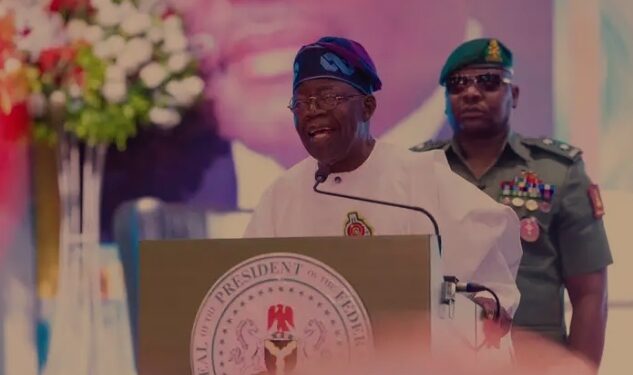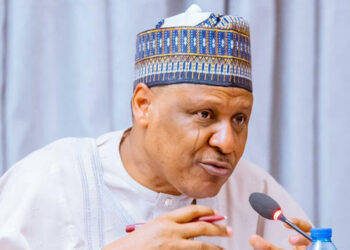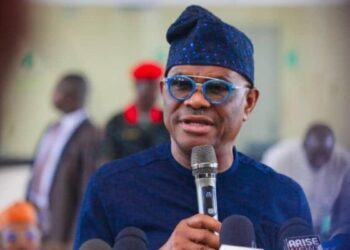In a bid to alleviate the economic struggles faced by unemployed young people, the Nigerian government has announced a groundbreaking initiative to provide them with monthly stipends.
This pivotal decision, revealed by Nigeria’s Minister for Economy, Wale Edun, follows the directive of President Bola Tinubu during the weekly federal executive council meeting held in Abuja.
In the wake of mounting economic challenges, President Tinubu’s approval seeks to bolster the purchasing power of Nigeria’s most vulnerable citizens, particularly amidst escalating food prices.
This intervention comes at a critical juncture, following reports by the National Bureau of Statistics (NBS) indicating a surge in the nation’s annual inflation rate.
The newly proposed Social Security unemployment programme is tailored to address the pressing needs of unemployed graduates and youth across the nation.
While specific details regarding the stipend amount, commencement date, and duration remain undisclosed, the government’s commitment to uplifting its citizens is unwavering.
As Nigeria grapples with a staggering unemployment rate and widespread poverty, the government’s proactive measures aim to instill hope and foster economic stability.
The removal of petrol subsidies underscores President Tinubu’s resolve to enact bold reforms and pave the way for sustainable growth.
In tandem with the unemployment benefit scheme, plans are underway to introduce a social consumer credit programme, empowering individuals with increased purchasing power.
Additionally, the government’s social investment initiatives, including household stipends and nationwide school feeding programmes, signify a concerted effort to uplift vulnerable communities.
As Nigeria embarks on a transformative journey towards economic prosperity, the implementation of targeted interventions remains paramount.
By prioritizing the welfare of its youth and fostering inclusive growth, Nigeria charts a course towards a brighter, more resilient future.











